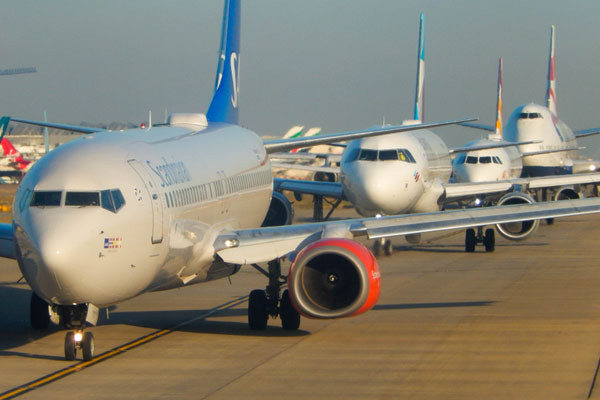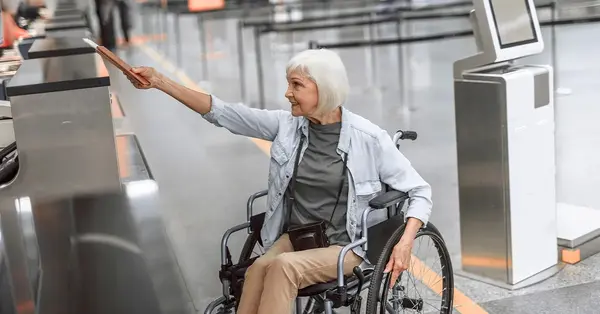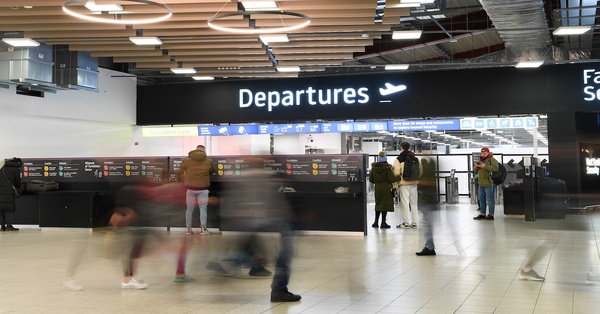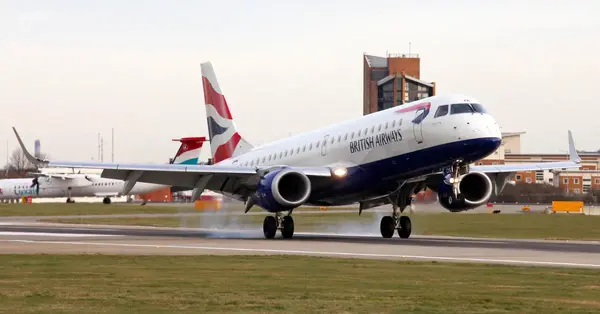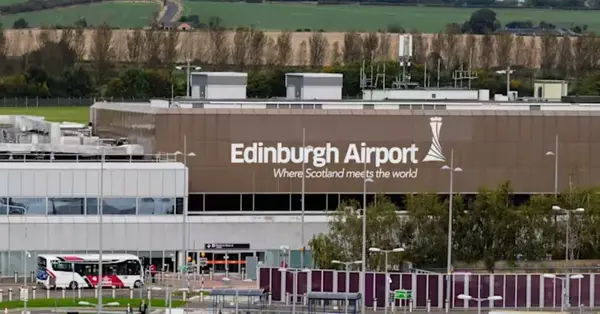You are viewing 1 of your 2 free articles
Aviation growth ‘will counteract’ emissions reduction efforts
Aviation’s growth plans are “irreconcilable” with Europe’s climate goals, according to a report published this week by Brussels-based environmental group Transport & Environment (T&E).
The report argues Europe’s aviation industry could deplete its projected carbon ‘budget’ for 2050 as soon as next year when aircraft manufacturers Airbus and Boeing forecast air passenger traffic will double by 2050 on 2019.
It warns current industry growth projections “will counteract most efforts” to reduce aviation emissions and suggests: “Sustainable aviation fuels (SAFs) are only a viable solution without exponentially growing levels of traffic.”
T&E called on policymakers to act rapidly “to address airport growth, frequent flying and under-taxation of the sector”.
Its analysis suggests aircraft will burn 59% more fuel in 2050 than in 2019 despite sharply improved efficiency and will still be burning the kerosene refined from 1.9 billion barrels of crude oil a year.
T&E calculates that despite increasing use of sustainable aviation fuels (SAFs) in line with an EU requirement for SAF to comprise 42% of aviation fuel by 2050, airlines would still be using as much fossil kerosene as in 2023 if flights increase in line with industry projections.
It suggests that by 2050 European aviation could be burning more than 24 million tonnes of bio-kerosene (SAF) a year, but 80% of this could derive from “not truly sustainable” feedstocks.
The T&E report argues production of e-fuels, which are more sustainable and scalable than biofuels, “won’t keep up with this rapidly growing sector”. E-fuels are made from combining carbon with ‘green’ hydrogen produced using renewable energy, a process that is highly energy intensive.
T&E calculates the energy use for e-fuels in Europe by 2050 will be higher than the total electricity demand of Europe’s largest economy, Germany, in 2023.
The European Commission plans to reduce overall emissions by 90% on the 1990 level by 2040 and has pledged to reach ‘net zero’ greenhouse gas emissions by 2050, by which time T&E estimates aviation will still emit 79 million tonnes of CO2 a year.
Even a lower aviation growth estimate of 1.4% a year to 2050 – 60% below the industry projection – would see a 46% rise in emissions by 2040 compared to 1990.
T&E aviation director Jo Dardenne called for “a paradigm shift”, saying: “The credibility of the sector is on the line.”
The report, entitled ‘Down to Earth’, calls on the industry “to urgently address its growth problem” and urges the EC “to put an end to airport infrastructure growth in Europe, keep corporate travel at 50% of 2019 levels, address frequent flying and reverse the under-taxation of the sector”.
It calls for a halt to airport expansion, for the “full pricing” of emissions and tax on aviation fuel with the revenue used to invest in sustainable fuels, and boosting the rail network.
The report is available here

